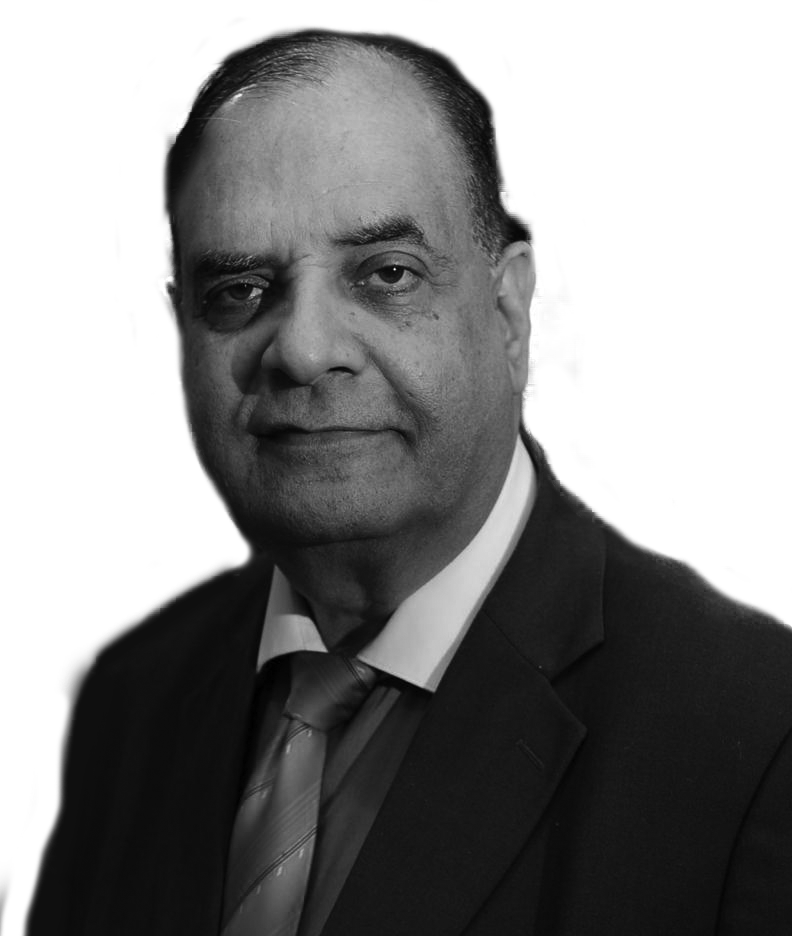Mohan Bhagwat, the Sarsanghchalak of the Rashtriya Swayamsevak Sangh (RSS), has called for taking an oath in Chitrakoot this week. The final part of the oath is that “I will rise above the discrimination of caste, class, language, creed and work with all my might to make my Hindu society harmonious, strong and impenetrable”. In this oath, Shri Bhagwat urged to take inspiration from the former top leader of the Sangh, Janata Party, and BJP, Nanaji Deshmukh, while pledging to work for lifelong protection, promotion, and protection of Hindu religion, culture, and society. This campaign by the Sarsanghchalak and earlier Prime Minister Narendra Modi’s worship in Kashi Vishwanath, the programs of the new grand complex of the temple, implied that now the BJP is going to win the upcoming Uttar Pradesh and other state Legislative Assembly elections with great success in Hindu society and wants to promote Hindutva loudly. Congress leader Rahul Gandhi has described the Hindutva idea of the BJP as dangerous by calling himself a real Hindu. But is the RSS-affiliated BJP able to do electoral politics by rising above caste equations or will it be able to make Hindutva an ideal base in the upcoming Lok Sabha elections as well?
In the expansion of Uttar Pradesh and Union Cabinets some time back, the BJP tried to show that leaders of different castes are being given representation. Rahul Gandhi and other Congress leaders have accepted the caste equations by declaring Charanjit Singh Channi as the Dalit Chief Minister in Punjab. Jat, Dalit, and Backward Classes in Punjab, Haryana, Uttar Pradesh—Yadav, Muslim vote equations—are discussed. From this point of view, it is natural to pay attention to the attitude of the Sangh and BJP. But journalists like us, who have an understanding of the politics of the Sangh and BJP for years, feel that Bhagwatji has put forward the words of his former chiefs. The issues of Ayodhya, Kashi, Mathura are not new. In this context, it would be appropriate to mention an interview given to me by the former Sarsanghchalak, Professor Rajendra Singh in October 1997. In response to a question, he said: “Our efforts are going on continuously to organise the Hindu society. People who work in politics always create a break. If you don’t create a break, how will you get votes? It is true that casteism and regionalism have increased because there are many castes and languages in our country, but in the midst of all this, the Sangh stands apart from it. We will try to organise everyone. It is a matter of misfortune that even after the partition of the country, the sense of Hindutva has not increased as much as it should have.”
Rajendra Singh also said in this interview that “whatever high posts are, it should not be said that our President is a Dalit or our Chief Justice belongs to such caste or the leader of the party belongs to such caste. Let us just say that this person is the best fit for the position.” But in recent years, many BJP leaders have started giving importance to caste votes and candidates to compete with other parties. On the other hand, the Sarsanghchalak of the Sangh has also believed that the ancestors of only 2% of Muslims who are in India came from outside, the ancestors of the remaining 98% belonged to this country. They just have to realise that they are Indian Muslims. There is no objection to their worship method because there are already dozens of worship systems in India. Despite such ideals, the way Jinnah, Aurangzeb, Pakistan, in the name of namaz or cow protection in public places, when a section of the BJP tries to target Muslim people in electoral affairs, then the entire code of conduct remains separate.
Perhaps this is the reason why Prime Minister Narendra Modi tries to give importance to the development plans, socio-economic welfare of Ayodhya, Kashi along with religious sentiments. According to the election code of conduct, religious propaganda is inappropriate. But in recent years, apart from the old Muslim League, not only the Majlis Ittehadul Muslimeen, the party of Asaduddin Owaisis, some other parties too have started openly using religious gurus, clerics, places of worship in elections. Due to this, instead of reducing social distance, there is a danger of this distance increasing. Many Congress leaders disagree with Rahul Gandhi’s new raga of “Hindu-Hindutva”. Even senior politician and diplomat Mani Shankar Aiyar, who was close to Rajiv Gandhi, had admitted to me in an interview to India News recently that “there can be no benefit for Congress claiming to be Hindu because people will consider us as fake Hindu. We should insist on our old principles of secularism.” But where is Rahul Gandhi’s team going to listen to colleagues like Mr Aiyar? Democracy will be more secure and beneficial only by giving priority to a healthy social environment and real suffering of the people, improvement of economic conditions, and profit. Increasing social animosity for immediate political interests is going to cause far-reaching damage to the politicians themselves. Not only this, making false facts part of political propaganda on Indian security issues like tensions on China-Pakistan borders, terrorist attacks, and weapons management, also raises unnecessary questions on the capability of the security forces. Therefore, in an election period, different parties should also self-examine their strategy.
The author is the editorial director of ITV Network-India News and Dainik Aaj Samaj.
Hindu, Hindutva: All parties need to do a self-assessment
- Advertisement -

